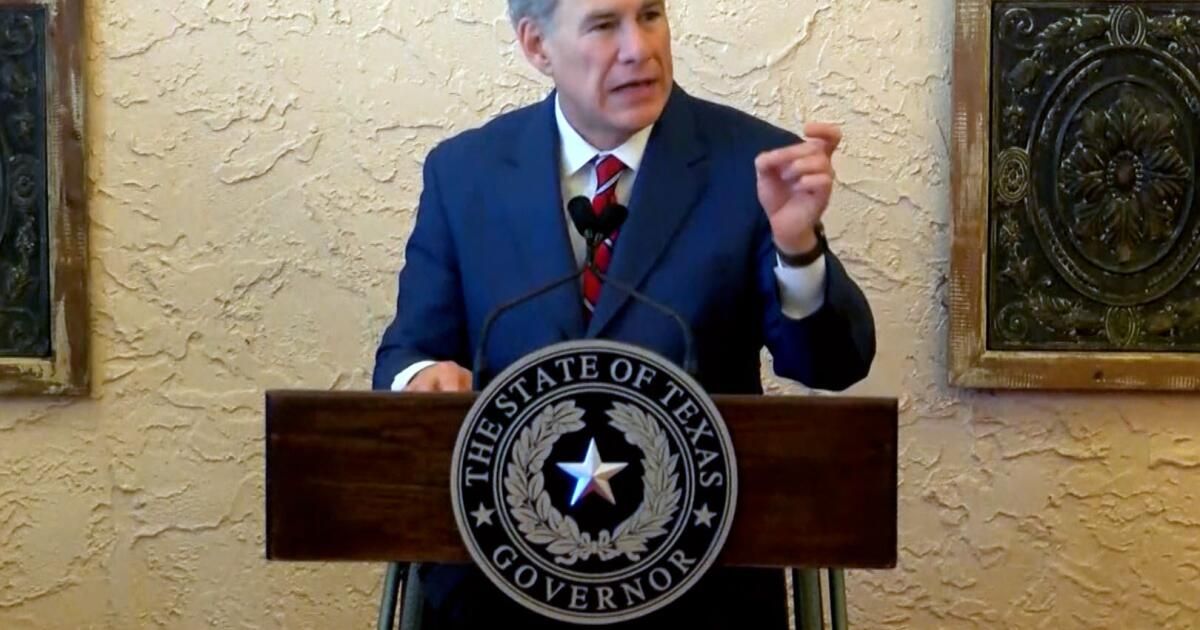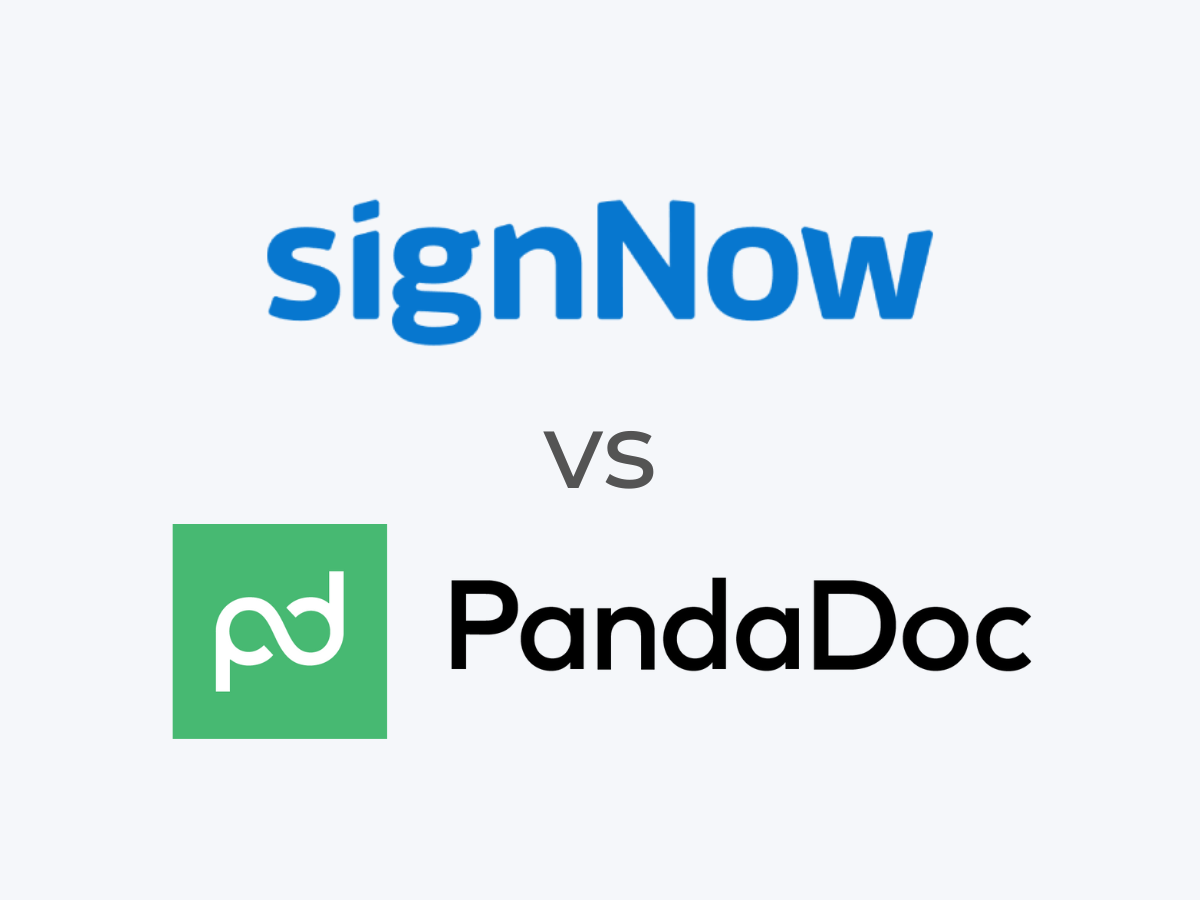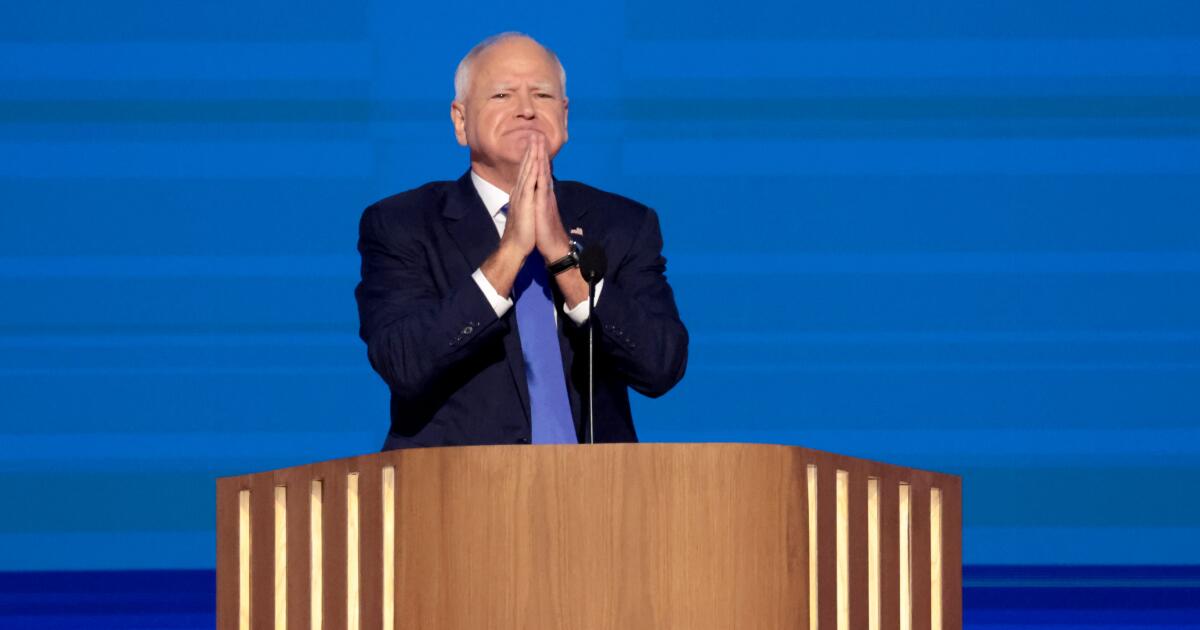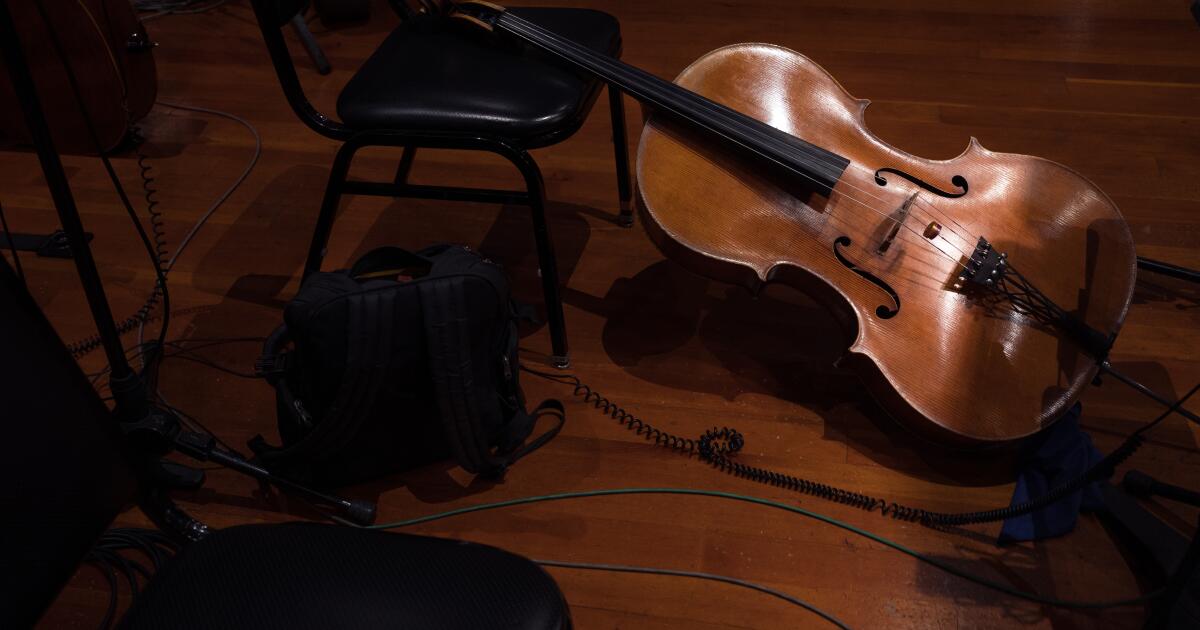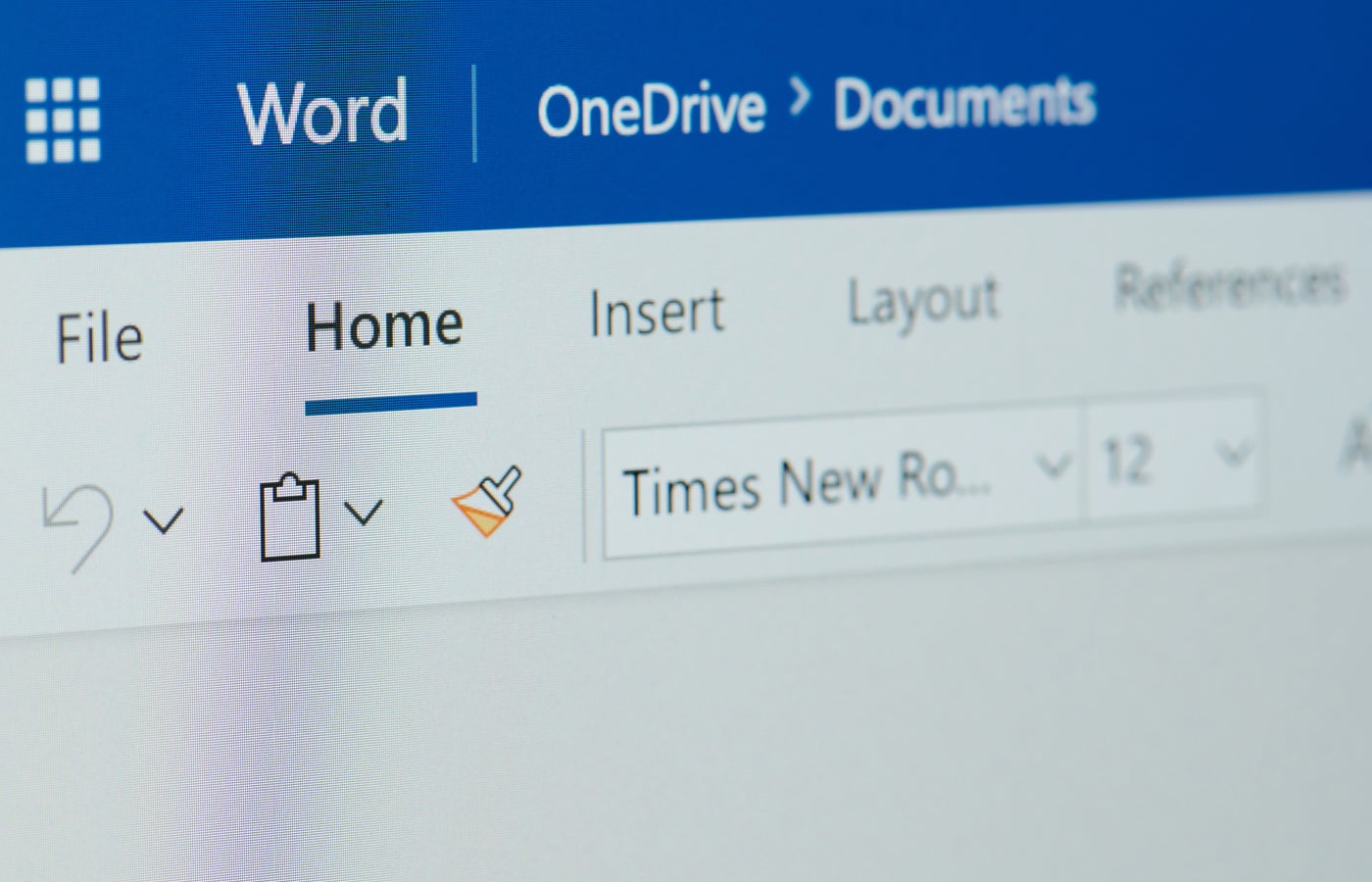The American criminal justice system is decidedly imperfect. But despite a history of wrongful convictions and acquittals rooted in racism and social and financial inequality, he has long been respected above his counterparts in more authoritarian nations for at least aspiring to fair treatment of the accused.
Its objective is to acquit the innocent and punish the guilty regardless of the party or person holding political power. Confidence in American democracy is based in part on belief in the integrity and independence of the judicial system.
The May 16 pardon granted by Texas Governor Greg Abbott to convicted murderer Daniel Perry threatens that confidence.
Perry was a 30-year-old U.S. Army sergeant and Uber driver angered by the protests that followed the police killing of George Floyd on May 25, 2020, in Minneapolis. He was stationed at Fort Hood, Texas, since renamed Fort Cavazos as part of a series of base name changes to eliminate connections to Confederate or racist leaders.
On July 25 of that year, Perry ran a red light and drove to a street protest in Austin, about 70 miles from his base.
He was confronted by protesters, including Air Force veteran Garrett Foster, 28, who was holding a military-style rifle, as allowed under Texas open carry laws.
Foster told Perry to roll down the window. Witness testimony and Perry's own statements reveal that Foster did not point the gun at him. But Perry said he wouldn't give Foster the chance to do so.
“I think he was going to target me,” Perry said in a police interview. “I didn't want to give him the chance to sign me up, you know?”
Perry then shot Foster with a pistol.
Was it self defense? A Texas jury determined it was not and found Perry guilty of murder. He was sentenced to 25 years in prison.
But right-wing commentators, including Tucker Carlson, and politicians who have no business meddling in jury verdicts, immediately began pressuring Abbott to grant the pardon because they wanted to confront Black Lives Matter and the occasionally strident protests. violent actions that the organization inspired in the second half of 2020.
In Texas, a governor can only grant a pardon if a seven-member Board of Pardons and Paroles recommends it. But the governor names the members who granted Abbott's request. Abbott, in turn, granted a pardon Thursday, and Perry was immediately released and his gun rights restored.
Pardons are a type of relief valve, useful when the criminal justice system follows the letter of the law but nevertheless results in injustice given the particular circumstances of the crime or offender. But leaders can easily abuse them to shield their supporters from accountability and let political opponents suffer the full consequences of their crimes.
The most obvious examples of recent times may be Donald Trump's pardons of political allies and members of his campaign team, including Paul Manafort, Michael Flynn, Roger Stone and Steve Bannon. Trump has promised to pardon rioters convicted of the Jan. 6, 2021, Capitol attack who intended to block the certification of Joe Biden's election victory. And he has promised to use the Justice Department to bring charges against his political enemies, including Biden, if he is elected in November.
Abbott's pardon of Perry is not directly self-serving in the same sense, but it allows him to substitute his own judgment for that reached by the judicial system and elevates his beliefs above the conclusions of a jury.
By way of explanation, Abbott issued a statement saying that “Texas has one of the strictest 'stand your ground' self-defense laws that cannot be overturned by a jury or a progressive district attorney.”
But the jury did not overturn anything. His task was to examine the evidence and determine the facts, including whether Foster pointed his gun at Perry and, if not, could be considered such an immediate threat as to justify Perry shooting him. Since Perry himself acknowledged that Foster did not target him, there is little room for doubt. Abbott's pardon, coupled with Texas' ill-considered gun laws, could easily turn any argument into a shootout.
And it could transform any criminal process into a political battle. Abbott has repeatedly stated his displeasure with Black Lives Matter protesters. Texans are unlikely to believe that Abbott would have similarly forgiven Foster if he had shot Perry, fearing that Perry would shoot him first without aiming at him.
That leaves people with the nagging idea that the American criminal justice system will treat people differently depending on who they are and who they are allied with. That's not new, and the protests following Floyd's murder remind us that we still have a long way to go to eliminate race, politics, and other inappropriate factors from the system. Yet as much of the nation works to diminish those things, it faces political movements like Abbott's that push in the other direction.

